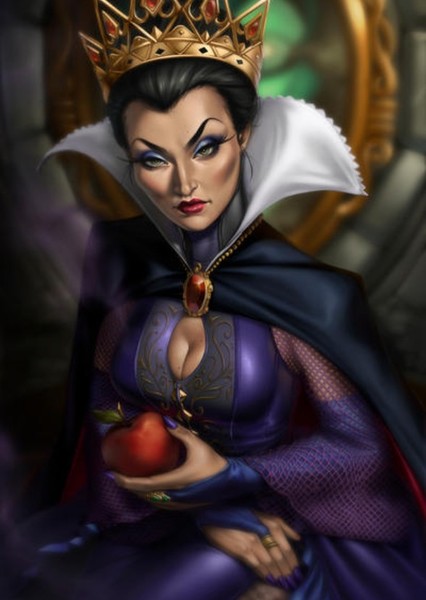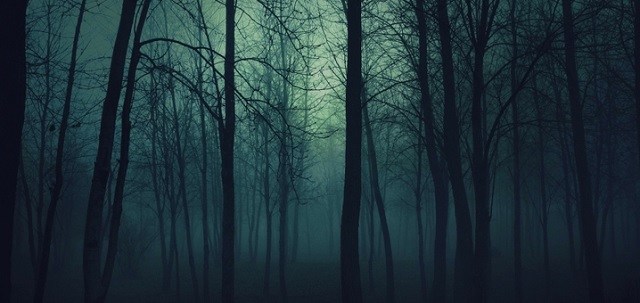This piece of flash fiction tells an alternate version of the classic fairytale, where Snow White isn’t quite as innocent as she seems. Flash fiction is all about writing a compelling story with all the correct elements (conflict, rising action, character development, climax, etc.) in very few words. The League of Utah Writers, the association I’m affiliated with, sets their max at 1,000 words. I’ve written micro fiction as small as 100 words. This one weighs in at 981.
Mirror, Mirror – by Josie Hume
I step from the bath and walk to the ornate mirror, leaving a trail of wet footprints across the marble floor. I wipe a circle clear of steam. “Mirror, mirror, on the wall,” I murmur as I lean close to its reflective surface, “who is the fairest? Me or that bitch, Snow White?”
The mirror doesn’t answer, of course, but I don’t need it to. I already know the answer. Despite all my effort, time has left the footprints of its relentless march across my face.
My breath fogs the glass until I’m only a blurred shape again. Indistinct. Invisible.
“Still as vain as the day I met you.”
The deep voice startles me. I hadn’t heard him come in. I force myself to ignore the instinctive desire to cover up and turn to face my husband. Even after all these years, his handsome face causes my breath to catch and my skin to flush with desire.
“It’s not vanity,” I say. “It’s…survival.” I walk toward him, searching his eyes for the heat that used to burn so brightly in those midnight depths. I yearn for that fire, for those war-rough fingers to trace my body again, for that smoky voice to murmur exciting, explicit words telling me how much he desires me. Back then, we wouldn’t leave the bed for days.
I’d been hated. Called a witch—what else but witchcraft could keep the king from his duties. But I knew the truth. He was too full of passion, of life and ambition to do anything by halves. When he warred, he warred whole-heartedly. When he entertained, he entertained lavishly. And when he loved, he loved to the exclusion of everything else.
I reveled in it—wallowing in hours of bliss. Entire days lost in a sexual haze.
And I feared it, even then. What if someone else caught his eye?
I was right to fear. He watches me now with the impersonal glance of an auditor tabulating nothing more intimate than numbers. Still beautiful. Still thin. No longer young.
I skim my hands up to cup my breasts, eyes on his, desperate to see something—hatred, disgust—anything would be better than the cold dispassion he shows me now.
But he turns from me. “Get dressed. The guests are arriving.”
He walks out.
I call my servants with straight shoulders and dry eyes. Queens don’t cry. An hour later I’m resplendent in a violet dress, its wide sleeves trimmed with black fur. The white collar frames my face before cutting past my jaw in a sharp vee that plunges between my breasts to my navel, displaying a sliver of creamy skin. It’s daring, it’s scandalous. It’s gorgeous.
The noise in the hall falls silent as I make my entrance. All eyes are on me—men with desire, women with judgement and jealousy. But my triumph is short-lived—there is only impatience in my husband’s gaze as I meet it across the sea of bowed heads. Any hope I have left is snuffed by the ebony-haired beauty at his side.
Snow White.
She stares at me as she sinks into the barest curtsy, her hand resting possessively on my husband’s arm.
I wrench my eyes from her blood-red smirk, but my mind won’t stop conjuring pictures of his strong body moving over hers, his tanned skin contrasting with her alabaster hue, hands touching her the way he used to touch me.
Is she the first? Or just the most recent?
The feast passes in a blur. I was born to this, and my mouth is on auto-pilot. I charm, I flirt—a sympathetic hand here, a pointed glance there. But my mind is busy with a thousand different ideas on how to kill Snow White—venomous combs, suffocating corsets, poisoned apples.
It’s not till the early morning hours, as I lie alone in my cold bed, that I realize getting rid of her won’t solve the problem. There will always be someone younger and more beautiful, and I can’t kill them all.
So, what to do with the real problem—my husband.
I throw the covers aside and begin to pace.
I can’t bring him back to my bed. Despite countless beautifying rituals, he’s still taken his lust elsewhere.
I can’t change his mind. I briefly consider blackmail then dismiss it just as quickly. It may stop the infidelity, but it won’t bring him back to me. Bribery, deprivation and fear tactics are useless for the same reason. So, how can I make him need me? How can I stop him from seeing other women?
Then it comes to me. So simple, really. I don’t know why I haven’t thought of it before.
The next night, I hide in his chambers. Through a crack in the wardrobe door, I watch Snow White prepare for my husband, primping in a sheer negligee. My husband enters. I watch him pour his whiskey—such a creature of habit, so easy to drug—and share it with her. I watch him kiss her, strip her, touch her.
I smile as confident hands begin to fumble and forceful movements become sluggish, until heads droop in unconsciousness.
I creep from the wardrobe and stare at their naked bodies still entwined upon the bed. A shadow slips into the room. My huntsman. He gathers Snow White and leaves just as silently. He’ll take her to the forest. The dwarves are always looking for slaves. They’ll pay well for her.
I dismiss her from my mind and examine my husband. It’s a sin to mar such perfection, but it’s the only way.
I pull a small vial from the purse on my belt and uncork it. The smell of the acid inside the flask stings my nose.
It’s true, I can’t kill every beautiful woman, but I can stop him from seeing them.
I pull back his eyelids.



